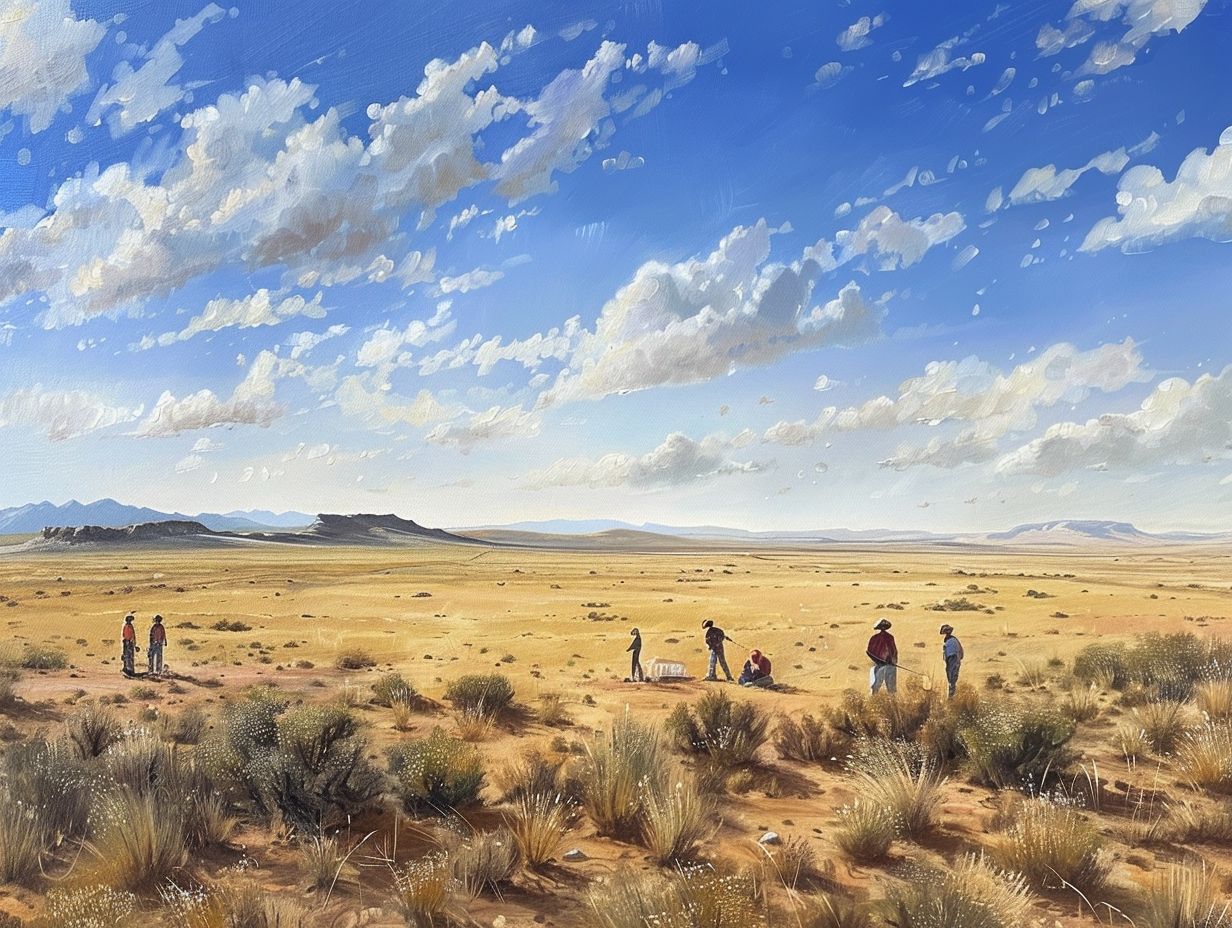Crater of Diamonds State Park, located in Murfreesboro, Arkansas, is a unique destination for state park touring enthusiasts, especially those with advanced knowledge and interests. This park allows visitors to dig for diamonds and keep what they find, making it a one-of-a-kind experience in the United States. In this guide, we will focus on what to expect when visiting the park in winter, providing you with exact facts, figures, data points, and unique perspectives.
Cost, Timings, and Rates
Tickets for Crater of Diamonds State Park are available 30 days out or can be purchased on-site. Your admission covers entrance to the park only. As of 2024, the cost is $10 for adults, $6 for children (ages 6-12), and free for children under 6.
If you need tools, you can rent them at the park. The basic kit, which includes a bucket, shovel, and two sieves, is available for $12.
The park is open year-round, from 8:00 AM to 5:00 PM daily.
Weather and Ground Conditions

In the winter months, daily temperatures at Crater of Diamonds State Park average around 44 degrees Fahrenheit, with temperatures rising to nearly 50 degrees on most days in February.
Winter is the rainy season in this region, with an average of 55 inches of rainfall per year. The rain can bring new discoveries to the surface, making winter an advantageous time for diamond hunting.
The ground never really freezes in Arkansas, so digging and searching for diamonds should not be significantly impacted by ground temperature during winter.
Additional Information and Recommendations
There are no accommodations within the park, but Murfreesboro is nearby and offers various options for lodging.
Visitors are advised to bring a canopy or umbrella for sun protection, lots of water, snacks or lunch, sunscreen, a towel, a change of clothes and shoes, and a bag for dirty clothes and shoes.
Long pants, rain boots, a hat, and sunglasses are recommended for protection and comfort during diamond hunting.
Consider visiting Old Washington State Historic Park, a living history museum town, and the blacksmith shop where Bowie knives were first made.
